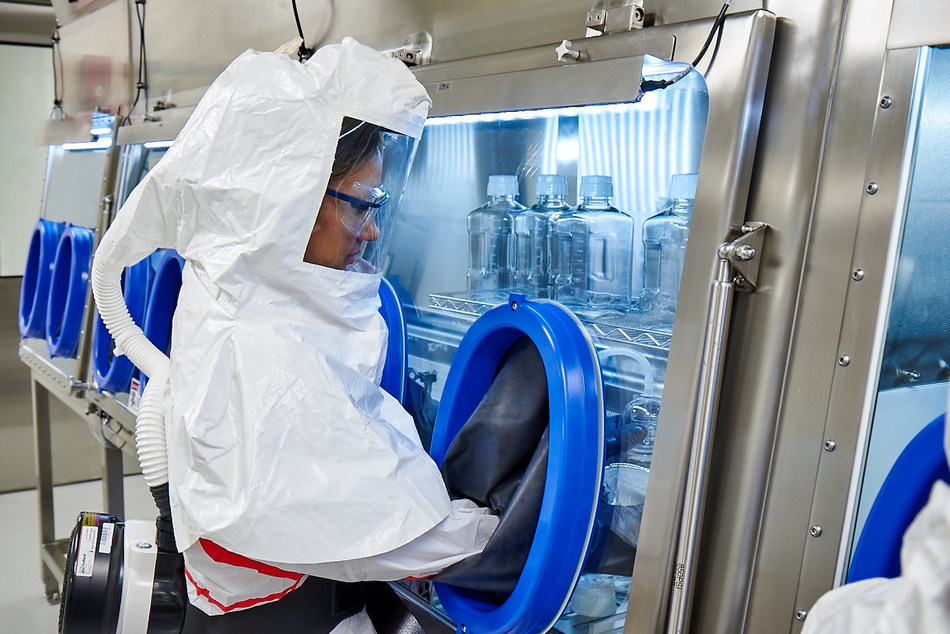Merck Announces € 59 Million Antibody-Drug Conjugate Manufacturing Expansion
 Merck, a leading science and technology company, today announced a € 59 million expansion of its HPAPI and ADC manufacturing capabilities and capacity at its facility near Madison, Wisconsin, USA. This investment will allow large-scale manufacturing of increasingly potent compounds for therapies that have the potential to treat cancer. Completion is expected by mid-2022 and should add approximately 50 full-time jobs starting in 2021.
Merck, a leading science and technology company, today announced a € 59 million expansion of its HPAPI and ADC manufacturing capabilities and capacity at its facility near Madison, Wisconsin, USA. This investment will allow large-scale manufacturing of increasingly potent compounds for therapies that have the potential to treat cancer. Completion is expected by mid-2022 and should add approximately 50 full-time jobs starting in 2021.
"ADCs have posted incredible growth over the last decade, and regulatory agencies' approval in recent years demonstrates their promise as a targeted therapy," said Andrew Bulpin, head of Process Solutions, Life Science, at Merck. "With more than 35 years of experience in this space, we have been a frontrunner in the development and manufacturing of biologics, conjugation processes and small molecules. This investment underscores our commitment to working with innovators to bring new treatments to patients quickly and more efficiently."
Merck's new 6,500-square-meter commercial building will be one of the largest dedicated HPAPI manufacturing facilities specifically designed to handle single-digit nanogram occupational exposure limit materials. The project is an addition to the company's Madison campus, which was the first commercial ADC facility in North America designed to handle highly active materials. The new building will join Merck's established campus in St. Louis, Missouri, USA, which specializes in ADC bio-conjugation, active pharmaceutical ingredients, excipient and adjuvants manufacturing.
ADCs are an emerging class of medicines designed for high-specificity targeting and destruction of cancer cells, while preserving healthy cells. There are now only nine ADCs approved globally. However, the ADC industry is delivering strong growth and is expected to reach € 13 billion by 2030.
While ADCs can provide many benefits compared with other therapeutic options, they also present a unique set of challenges. Their development is complex, necessitating stringent containment infrastructure, and their structural exceptionality requires expertise in a number of different technologies for small and large molecules, as well as analytical capabilities. Due to these challenges, more than 70 percent of ADC projects are outsourced to contract development and manufacturing organizations.
With more than 35 years of experience in the development and manufacturing of small molecules, biologics and ADC technologies, Merck offers extensive experience in both clinical and commercial manufacturing. The company's comprehensive service portfolio combines the steps of drug development and production — from pre-clinical to commercial — from a single source. This consolidation helps reduce risk and streamlines the process of getting therapies to patients faster.




